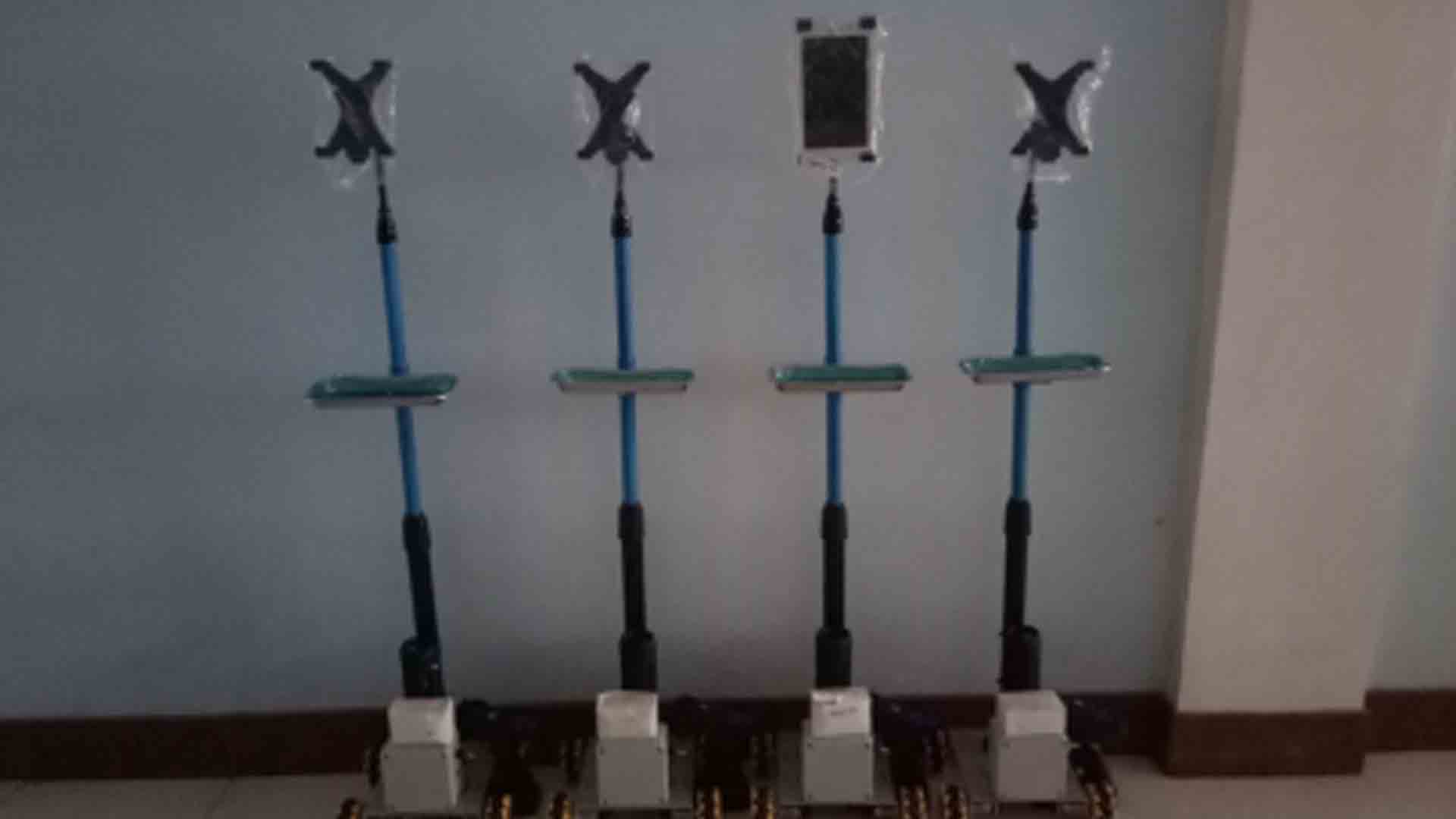Researchers of the University of Santo Tomas (UST) are currently working to improve the features of the Logistic Indoor Service Assistant (LISA) they developed for hospital use.
“We are currently upgrading it. We plan to make it multi-functional, such as adding UVC bulbs for disinfection purposes, and adding shelves to increase its carrying capacity for food. This can be used not just in hospitals but also in quarantine facilities,” project leader Anthony James Bautista told the Philippine News Agency.
LISA robot’s basic functions are for telepresence via a tablet attached to it, and for carrying light items for delivery such as medicines and some food. Four units were distributed to hospitals in Metro Manila last June.
Bautista said the current version is remote-controlled and uses a 6-volt battery. Bautista, however, said they are still determining how long can a LISA robot last using this battery.
“We plan to upgrade it to 12-volt rechargeable batteries to give it more power,” he added.
Philippine Council for Industry, Energy and Emerging Technology Research and Development executive director Enrico Paringit said the Department of Science and Technology (DOST) funded the LISA project for PHP346,400, including its upgrade.
Bautista said this fund could produce four to six units of LISA robots, and that his team eyes to deploy these to public hospitals and quarantine facilities, for free.
“LISA robot aims to provide technology that could aid our healthcare workers. For me, this is just a small contribution compared to the front-liners’ sacrifices,” he said.
Bautista said they also want to share LISA robot’s blueprint to institutions who may be interested to produce or improve it.
“If LISA robot would suit the needs of the (intended) users, we would produce more units and look for additional funding from the DOST or interested private companies,” Bautista said. (PNA)







